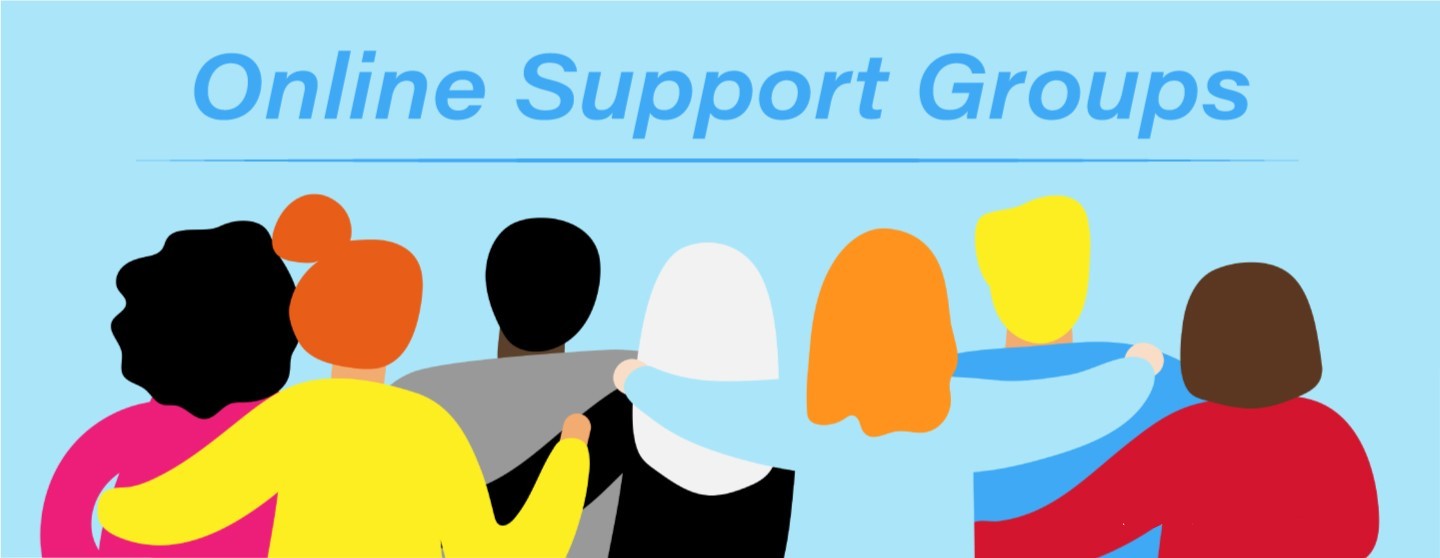Healtcare
Support groups in healthcare
A support group is a group of people meeting to share information, experiences, problems and solutions.

Support groups in healthcare are an essential part of patient care, providing emotional support and practical guidance for individuals facing a range of health-related challenges. These groups bring together people who share similar experiences and provide them with a supportive and empathetic community.
Benefits of support groups
Emotional support: One of the most significant benefits of support groups is the emotional support they provide. Individuals facing a health-related challenge can feel isolated and alone. Support groups offer a space where they can connect with others who understand what they are going through and offer each other comfort and encouragement.
Information sharing: Support groups also provide a platform for information sharing. Members can share information about treatment options, coping mechanisms, and other resources that have helped them manage their condition.
Empowerment: Support groups can also be empowering. Members can learn from others who have successfully navigated the challenges they are facing, and they can gain confidence and strength from the support of the group.
Improved mental health: Joining a support group can also improve mental health outcomes. Studies have shown that support groups can help reduce symptoms of anxiety, depression, and other mental health issues.

Pros and cons of online support groups
Online support groups offer several benefits, including accessibility and convenience. Individuals can connect with others facing similar challenges from the comfort of their own homes, which can be especially helpful for those with mobility issues or who live in remote areas.
However, there are also some drawbacks to online support groups. It can be challenging to establish a sense of community and rapport through a computer screen, and some individuals may feel uncomfortable sharing personal information online. With advances in technology and changes in the healthcare industry, the future of support groups is set to evolve in exciting ways.
Future of support groups
One of the biggest changes we can expect to see in the future of support groups is the increased use of digital technology. With more people accessing healthcare information and services online, it's becoming easier than ever to connect with others who are experiencing similar health challenges. Online support groups offer the convenience of being able to participate from anywhere, at any time, and can also provide greater anonymity for those who prefer not to share their struggles with people they know in real life.

Another trend we're likely to see is the development of specialized support groups. As our understanding of different health conditions and their impacts on people's lives continues to evolve, there will be a greater need for support groups that cater specifically to the needs of people with certain conditions or circumstances. For example, there may be support groups tailored to individuals who are caring for someone with dementia or who have experienced a specific type of trauma.
In addition to these changes, we can also expect support groups to become more integrated into mainstream healthcare services. As healthcare providers increasingly recognize the benefits of support groups for their patients, we may see more hospitals and clinics offering support group services as part of their overall treatment plans. This could include everything from facilitating in-person support groups to providing online resources and tools for patients to connect with others.
Of course, as with any aspect of healthcare, there will be challenges to overcome as support groups continue to evolve. One of the biggest issues will be ensuring that these groups are accessible to all individuals, regardless of their socioeconomic status or geographical location. Additionally, as support groups become more prevalent, there may be concerns about ensuring the quality and accuracy of information shared within these groups.
Overall, the future of support groups in healthcare looks bright. As we continue to learn more about the benefits of connecting with others who are going through similar experiences, and as technology makes it easier to do so, we can expect to see support groups become an increasingly important part of healthcare for many people. Whether online or in-person, these groups provide a vital source of support, validation, and empathy for those who are struggling with health challenges.

